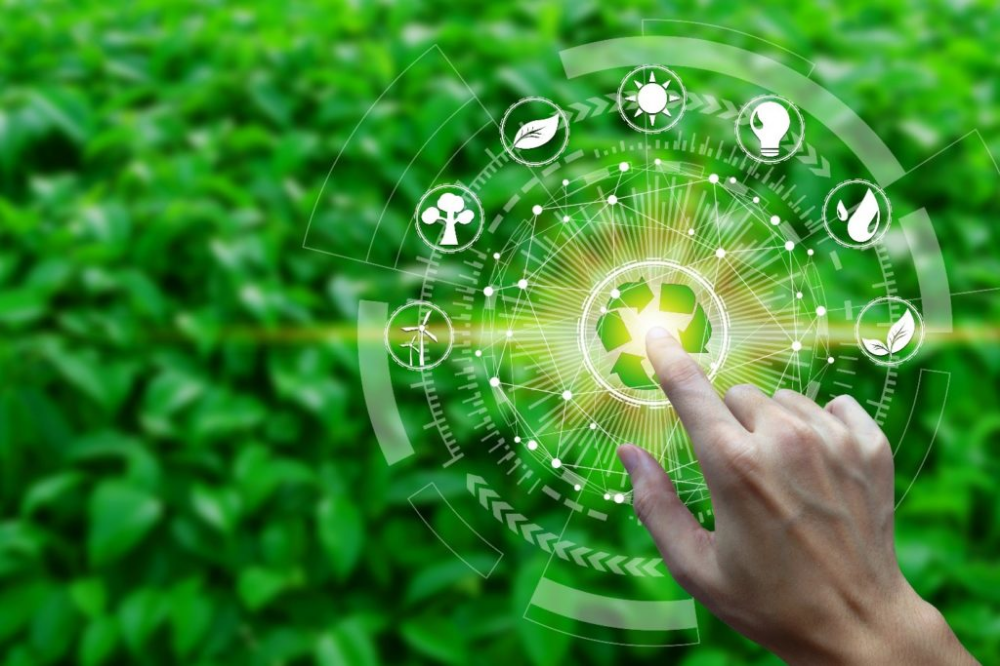In a world where environmental and social responsibility are increasingly valued, ethical consumers are seeking ways to align their purchasing decisions with their values. Sustainable certifications play a crucial role in this endeavour by providing consumers with assurance that the products they buy meet certain standards of sustainability and ethical production. Here, we explore some of the top sustainable certifications that ethical consumers can look for when making purchasing decisions.
1. Forest Stewardship Council (FSC)
The Forest Stewardship Council (FSC) certification is one of the most recognized certifications for wood and forest products. It ensures that products such as wood and paper come from responsibly managed forests that provide environmental, social, and economic benefits. The FSC certification guarantees that forests are managed in a way that preserves biodiversity, protects wildlife habitats, and upholds the rights of indigenous communities.
2. Fair Trade Certified
Fair Trade certification focuses on promoting fair wages and working conditions for producers and workers in developing countries. Products bearing the Fair Trade Certified label, such as coffee, tea, chocolate, and textiles, adhere to strict standards that ensure fair compensation, safe working conditions, and sustainable practices. By choosing Fair Trade Certified products, consumers can support farmers and workers in marginalized communities and contribute to poverty alleviation and sustainable development.
3. USDA Organic
The USDA Organic certification is awarded to agricultural products that meet stringent standards for organic production. Organic certification ensures that products are grown and processed without the use of synthetic pesticides, herbicides, fertilizers, or genetically modified organisms (GMOs). Organic farming practices prioritize soil health, biodiversity, and ecological balance, making organic products a sustainable choice for consumers concerned about the environmental impact of conventional agriculture.
4. Marine Stewardship Council (MSC)
The Marine Stewardship Council (MSC) certification is awarded to fisheries that adhere to sustainable fishing practices and promote the long-term health of marine ecosystems. Products bearing the MSC label, such as seafood and seafood-derived products, come from fisheries that have been independently assessed and certified as meeting MSC’s rigorous standards for sustainability. By choosing MSC-certified seafood, consumers can support responsible fishing practices and help preserve the health and abundance of marine resources.
5. LEED Certification
LEED (Leadership in Energy and Environmental Design) certification is a globally recognized standard for green building design, construction, operation, and maintenance. LEED-certified buildings and structures are designed to minimize energy consumption, reduce waste, conserve water, and promote occupant health and well-being. LEED certification encompasses various categories, including building design and construction, interior design and construction, and operations and maintenance, making it a comprehensive framework for sustainable building practices.
6. Certified B Corporation
Certified B Corporations are businesses that meet the highest standards of social and environmental performance, transparency, and accountability. B Corps undergo a rigorous assessment process conducted by the nonprofit organization B Lab, which evaluates their impact on workers, customers, communities, and the environment. Certified B Corps are legally required to consider the impact of their decisions on stakeholders and are committed to using business as a force for good.
Conclusion
In conclusion, sustainable certifications play a vital role in empowering ethical consumers to make informed purchasing decisions that align with their values. From ensuring responsible forest management to promoting fair trade practices and supporting sustainable agriculture and fisheries, sustainable certifications cover a wide range of products and industries. By choosing products bearing reputable certifications such as FSC, Fair Trade, USDA Organic, MSC, LEED, and Certified B Corporation, consumers can support businesses that prioritize environmental and social responsibility while driving positive change in the global marketplace. As consumer awareness continues to grow, the demand for sustainable certifications is likely to increase, leading to greater transparency, accountability, and sustainability across supply chains worldwide.
Also Read: Friend of The Earth
